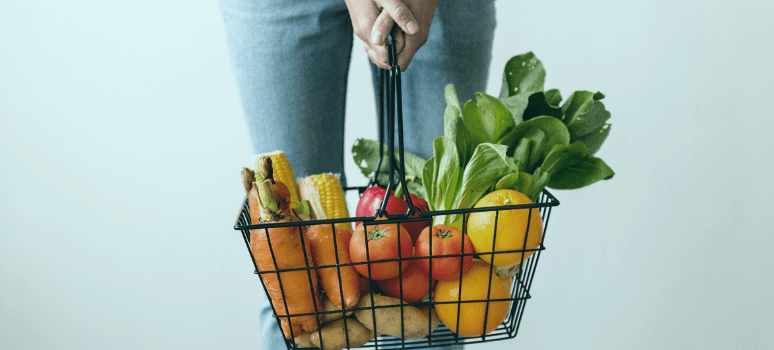
Cancer is linked to lifestyle habits and healthy eating. Even food eco could play a role in reducing the number of cases, especially of breast cancer.
In 2019 cancer will increase in Spain. The report "Cancer figures in Spain 2019". estimates that 277,234 new cases will be diagnosed this year. The good news is that survival is also increasing, at 53 per cent of cases at five years.
The cancer among women is twice as high as among men, particularly due to the growing number of cases of lung cancer caused by smoking. However, the most frequent tumour types are colon and rectal, prostate, breast and lung cancer.
Whether cancer is inherited or not is something that the Spanish Society of Medical Oncology wanted to clarify this year. "The hereditary cancer only affects 5-10 per cent of cases, inheriting a genetic alteration does not mean that you inherit the cancer but that you are more likely to develop it," they say.
But what is the reason for this increase in cases? The ageing of the population and early detection are increasing the number of diagnoses, but specialists point out that especially exposure to risk factors such as tobacco, alcohol or obesity. The head of the International Agency for Research on Cancer, Christopher Wild, says that "one of the most dramatic changes if you think about the introduction of new risk factors in what exposure actually changes, has to do with body mass index, obesity and reduced physical activity".
Organic foods, allies in cancer prevention?
Organic foods are those produced without chemicals and processed without additives. Regular consumption could reduce the risk of cancer by 25 percent. This is the conclusion of the prospective cohort study NutriNet-Santé developed by a team of researchers from different medical and epidemiological departments of the French health service. As the authors say, if this association between diet and cancer is confirmed, further research should be carried out to determine the factors behind this association.
In a sample of 69,000 patients between 2009 and 2016, a total of 1,340 cases of cancer were detected, mainly breast and prostate cancer. This result was linked to the patients' dietary habits and their consumption of organic and organic products. people who incorporated these foods into their diet most of the time were found to have a 25 per cent lower risk of cancer than those who consumed them only occasionally. In more detail, the researchers found that this consumption reduced the risk of breast cancer in menopausal women by 34 per cent and the number of lymphomas by 76 per cent.
In addition to diet, the study looked at other lifestyle factors or family history, none of which changed the results of the study.
The presence of pesticides in non-organic farming and the higher level of micronutrients in organic farming could explain these results, but the researchers caution that the data should be confirmed by further studies on other populations and in different contexts.
The recommendations of the Spanish Association Against Cancer
If we focus on diet as a factor in cancer prevention, the Spanish Association Against Cancer points to a number of key factors: avoid obesity, maintain a healthy and balanced diet, rich in fibre, and reduce fat intake.
The excess weight is associated with tumours such as breast cancer after menopause, colon, uterine and kidney cancer. The AECC recommends taking into account the number of calories ingested and physical activity. To balance these figures, they suggest reducing the consumption of fat (more calories) and increasing the consumption of fruit, vegetables and pulses. While it is possible to eat everything in the right proportions, the general recommendation is to eat small amounts and to exercise for at least half an hour every day.
The consumption of fibre-rich foods is highly recommended for the functions it has on the digestive system: by retaining water, it increases the volume of faeces, facilitating their transit and preventing any carcinogenic substances contained in the faeces from remaining in contact with the walls of the intestine for long periods of time. They also provide a feeling of fullness and capture free radicals (substances responsible for ageing and some chronic diseases).
Another general recommendation is to reduce sugar consumption as much as possible and eliminate alcohol consumption completely from the diet.
At Biosalud Day Hospital, we have always defended the food care as part of treatment . In fact, our patients must always be committed to their healing by wearing a a personalised diet that is often very strict. The World Health Organisation also notes that diet has a major influence, both positive and negative, on health.
In the case of people who have had canceris equally important maintaining good eating habits once the disease has been overcome and, above all, eliminate sugar from our diet as described in this article.

